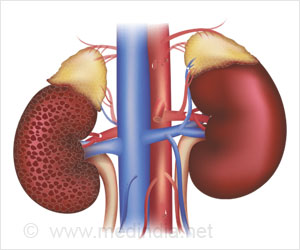Tea derived from the plants Camellia sinensis contains polyphenols in the form of flavonoids and its sub group flavanols, which gives the tea its
Tea derived from the plants Camellia sinensis contains polyphenols in the form of flavonoids and its sub group flavanols, which gives the tea its antioxidant properties. Polyphenols protect the cells from damaging physiological process known as oxidative stress.
Oxidation produces free radicals these are unstable molecules which occur naturally in the body and an increased amount of them can damage cells resulting in heart diseases, cancer, cholestrol and BP.Polyphenols can stop the damage that free radicals do to cells, neutralise enzymes essential for tumour growth and de-activate cancer promoters.A cup of tea supplies around 200 gms of flavanoids. The antiioxidant potency in a cup of tea is 400 per cent greater than a cup of orange juice while providing a far smaller intake of sugar and calories.
Black tea has a biochemical oxidation of 60- 90 minutes as a result of this it has other polyphenols such as thearubigins and theaflavins which are very powerful antioxidants.






